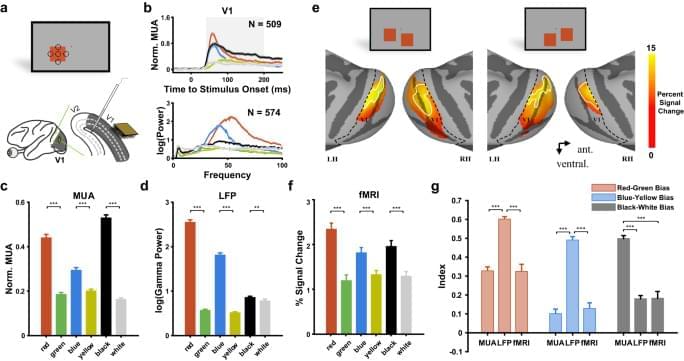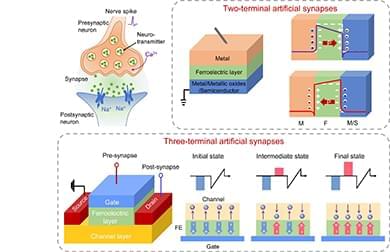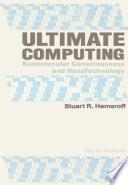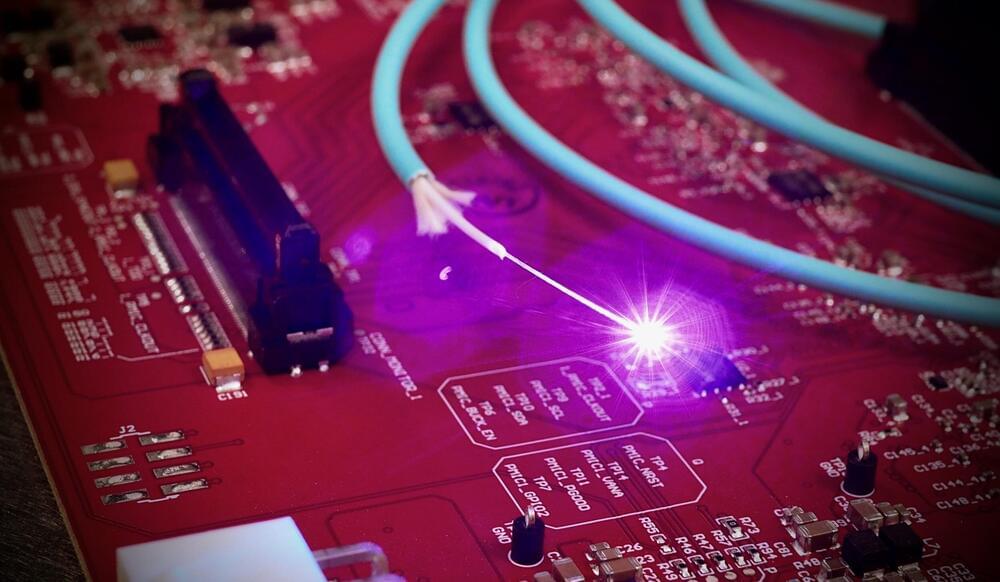It is widely accepted that consciousness or, more generally, mental activity is in some way correlated to the behavior of the material brain. Since quantum theory is the most fundamental theory of matter that is currently available, it is a legitimate question to ask whether quantum theory can help us to understand consciousness. Several approaches answering this question affirmatively, proposed in recent decades, will be surveyed. There are three basic types of corresponding approaches: consciousness is a manifestation of quantum processes in the brain, quantum concepts are used to understand consciousness without referring to brain activity, and matter and consciousness are regarded as dual aspects of one underlying reality. Major contemporary variants of these quantum-inspired approaches will be discussed.








